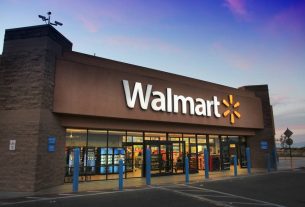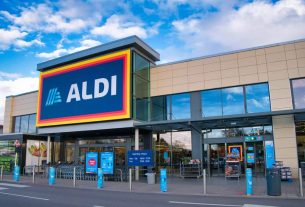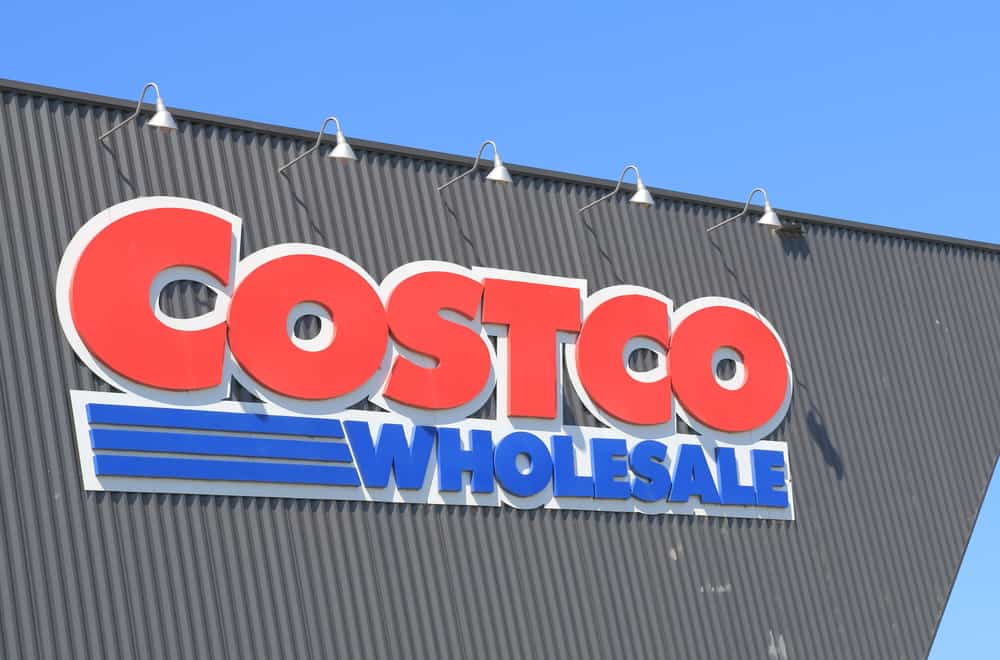
Costco has a reputation for providing high-quality products and services at a great price.
That’s largely because it operates as a membership retailer.
To shop at Costco’s stores and enjoy its benefits, customers need to purchase a membership with the store.
In return for the membership, they’re able to access premium brands and incredible discounts that no one else can.
Because of this innovative idea, you may wonder who owns Costco and how it came to be.
Here’s what you need to know about the ownership of Costco and its history.
Who Owns Costco?
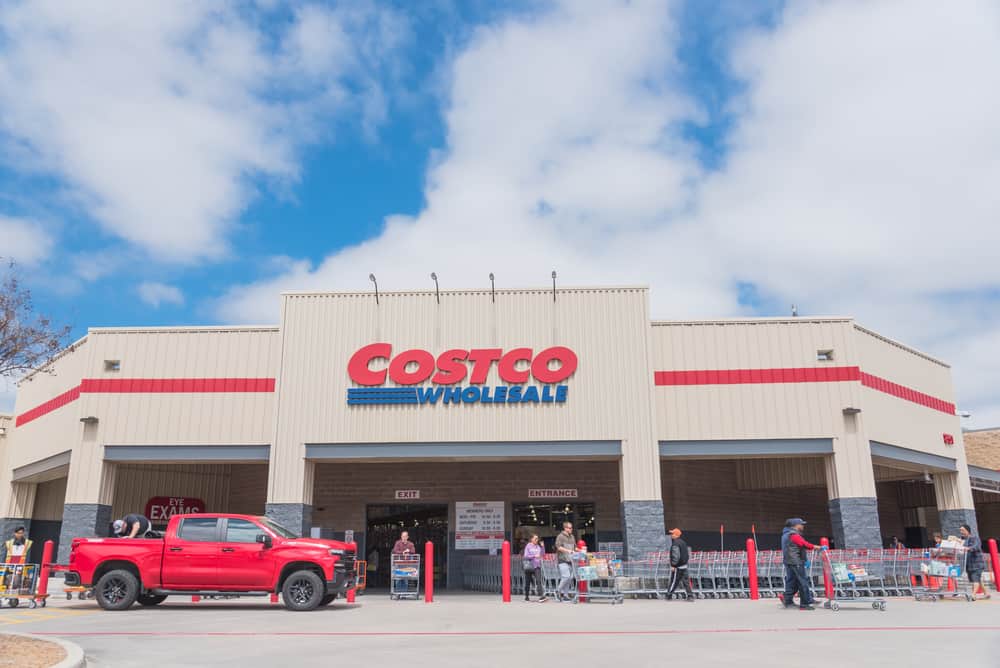
Costco is currently owned by Costco Wholesale Corporation.
It’s the result of a merger between two different companies: Price Club and Costco.
The current CEO of Costco Wholesale Corporation is W. Craig Jelinek, and the chairman of the board is Hamilton E. James.
The shareholders and CEO work together to make decisions about Costco’s future.
Who Started Costco?
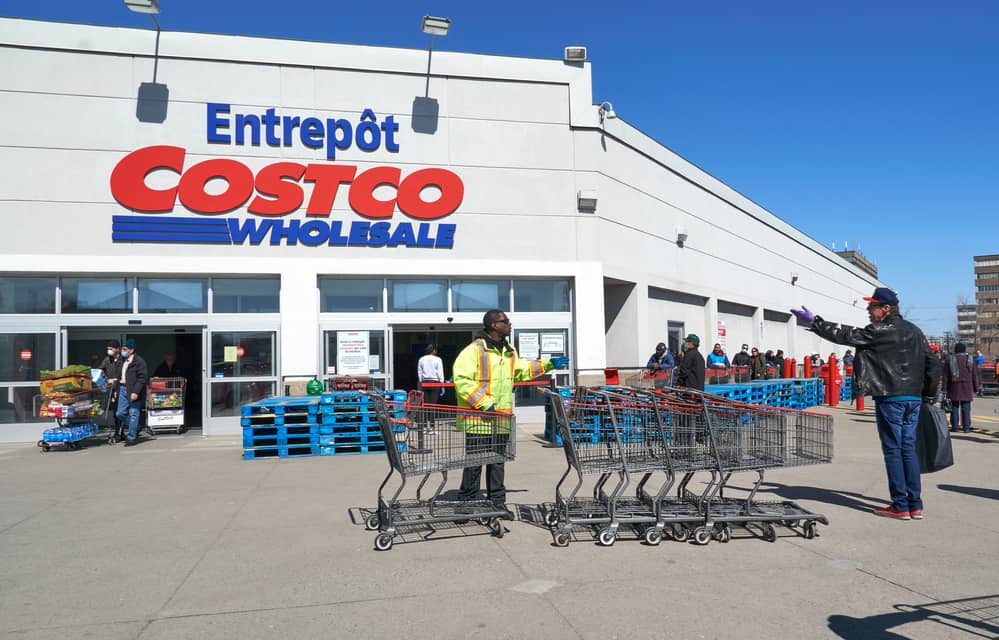
Costco can trace its history to two major groups of people.
The first person is Sol Price.
He and his son, Robert, opened up a store called the Price Club in 1976.
It was a warehouse that sold bulk quantities of products.
Their customers had to pay a membership fee to shop at the store.
Price placed his first store in a warehouse that had previously been the airplane hangar of Howard Hughes.
It was the first time this type of retail experience had been in use.
The warehouse is still in use today as a Costco store.
Another warehouse store opened in 1983.
Jim Sinegal and Jeffrey H. Brotman were responsible for this new store.
They named it Costco and emulated Price’s business venture.
Sinegal actually had worked for Price Club, initially.
He worked in wholesale distribution for FedMart which was another business owned by Sol Price.
Brotman was an attorney, but he also had retail experience and an interest in opening a store.
Together, the two would go on to open a second store in Portland, Oregon, and a third store in Spokane.
They’d find enough success to warrant going public in 1985.
While its headquarters was at its first store in Seattle, Costco’s headquarters eventually moved to Kirkland in 1987.
What Was The PriceCo Merger?

The biggest development in Costco’s history was the PriceCo merger.
Sol Price had received an offer from Walmart to merge with the Price Club.
Walmart had wanted to merge Price Club with its own warehouse store called Sam’s Club.
However, Costco also put in a big for a merger.
Price eventually chose Costco because the two stores were similar in size, and they shared a similar business model.
It’d make the merger ultimately easier.
The merger gave the company a new name in 1993 called PriceCostco.
Memberships became universal at both Price Club and Costco locations.
Those who had memberships at Price Club could also shop at Costco and vice versa.
The two stores would grow considerably and end up having 206 stores.
Together, they generated $16 billion in sales.
The company used executives from both companies to lead its direction.
However, by 1994, the Price brothers decided to let the Costco executives run the company.
They turned their attention to creating a new business venture called PriceSmart.
This was another warehouse retailer, but it focused on Central America and the Caribbean islands.
It is not related to the PriceCostco company.
The next few years also saw a few changes to the PriceCostco company.
It decided to move its headquarters from Kirkland to Issaquah.
It also changed its name in 1997.
PriceCostco simply became Costco Wholesale Corporation.
All Price Club locations changed their name to Costco.
How Does Costco Compare To Sam’s Club?
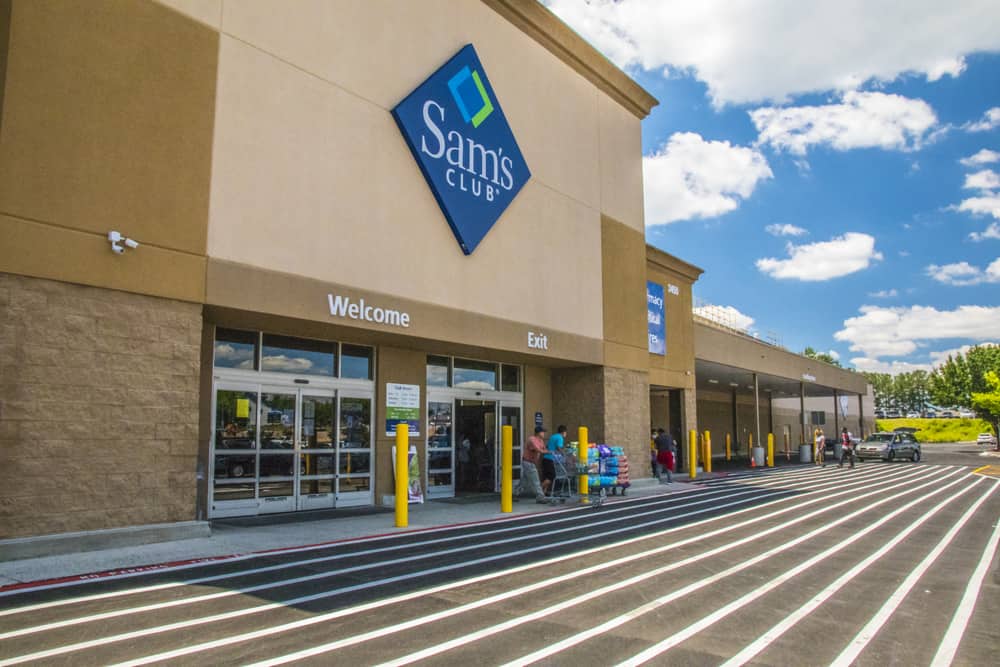
One of Costco’s competitors is Sam’s Club.
Although Costco considers Target more of its competitor, Sam’s Club has its sights set on Costco.
Walmart owns Sam’s Club and has been gunning for ownership of Costco for a long time.
Both retailers are very similar in that they sell almost the same products and feature discounted prices for membership cardholders.
Here are a few differences between Costco and Sam’s Club.
1. Origin
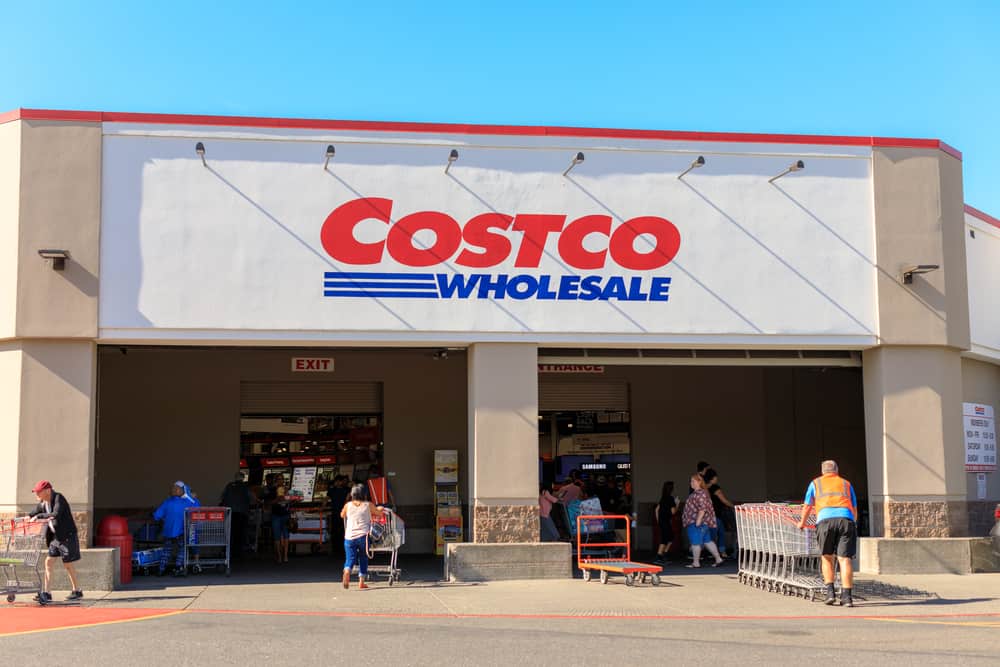
Costco takes first place for being the first warehouse retailer.
It got its start in San Diego in 1976.
Although only a few years younger, Walmart didn’t open its first Sam’s Club warehouse retailer until 1983.
Because of that, Costco takes the crown for being the first warehouse retailer with a membership fee.
2. Number Of Locations
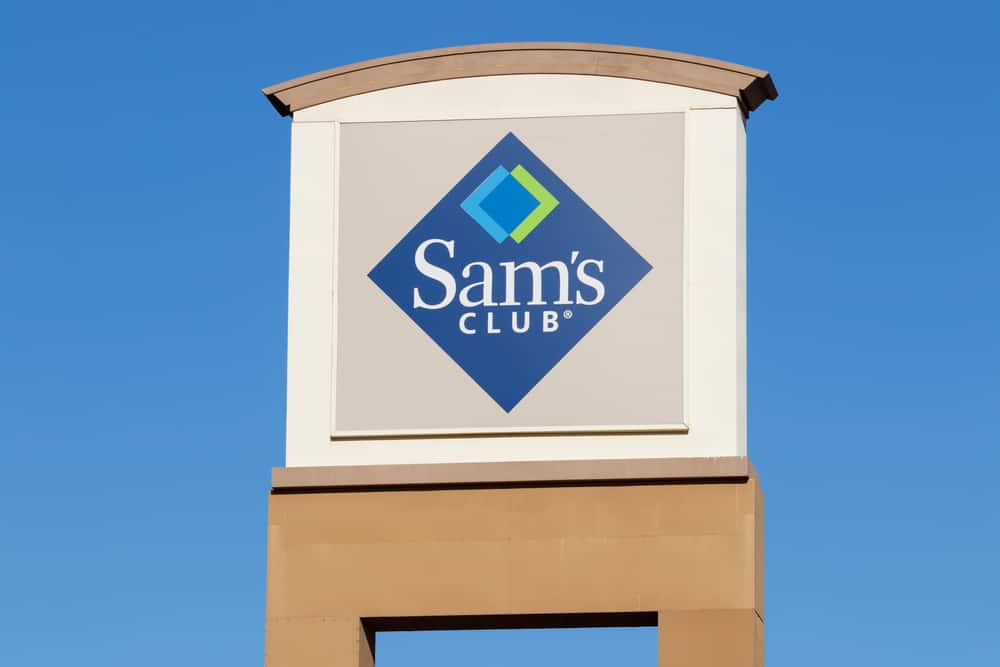
By the end of 2021’s fiscal year, Costco reported having 815 stores worldwide.
Of those 815, 564 of them are in the United States and Puerto Rico.
The company has spent a lot of time focusing on opening more stores.
In 2021 alone, it opened 22 new stores despite the COVID-19 pandemic affecting businesses.
The state with the greatest number of Costco stores is California.
It has 131 stores.
There are only four states in the country which do not have Costco stores.
They include:
- West Virginia
- Maine
- Wyoming
- Rhode Island
Besides the United States, Costco has also tried to expand its reach to other countries.
It has stores in the following countries:
- Mexico
- Canada
- China
- Japan
Sam’s Club, on the other hand, has a respectable 599 stores in the United States.
It has not been trying to expand as rapidly as Costco.
Instead, it has been focusing on supporting the stores it currently has operational.
Because of that, the number of its operational stores has remained about the same through the years.
The state with the largest number of Sam’s Club stores is Texas.
It has 82 Sam’s Club stores.
Florida comes in second place with 46 stores, and California comes in third place with 29 stores.
Although it has locations in several states, a few states have yet to have a Sam’s Club store in them.
These states include:
- Rhode Island
- Massachusetts
- Alaska
- Vermont
- Washington
- Oregon
Sam’s Club also has a few stores in Puerto Rico.
Like Costco, it has attempted to expand on a global scale.
Some of its foreign markets include:
- South Virgin Islands
- Mexico
- China
It is reported to have 165 Sam’s Club stores in Mexico.
In China, one can find 32 Sam’s Club stores.
3. Membership Fees
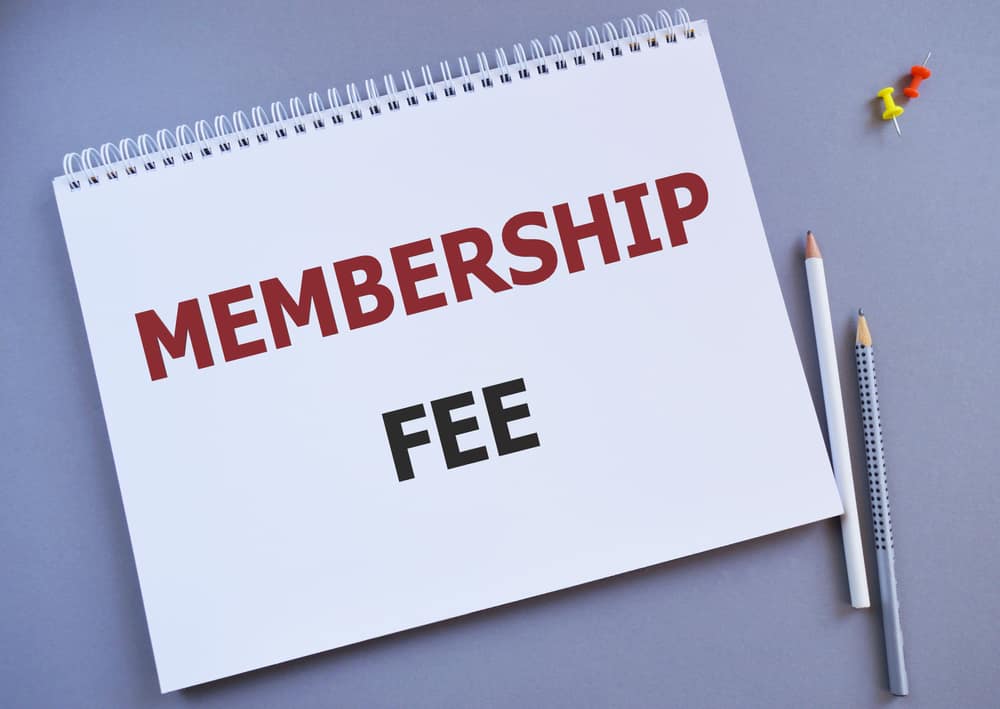
Costco has a few different memberships available.
For the general public, it has two membership programs.
They’re called the Gold Star membership and the Gold Star Executive membership.
The Gold Star costs $60 a year whereas the Gold Star Executive costs $120 a year.
Some of the benefits that you can expect with the Gold Star membership include:
- Access to all stores
- Two cards
- Discounts
The Gold Star Executive offers more benefits.
Some of those benefits include:
- 2% cashback bonus
- Discounts on Costco services
- Exclusive discounts on products
- Home delivery of the Costco Connection magazine
Along with its general public membership cards, Costco also offers business membership cards to employers.
There are two membership programs for business owners.
They are the Business membership and the Business Executive membership.
The Business membership card is $60 a year and the Business Executive membership is $120 a year.
The benefits you can receive with the Business membership card include:
- All the benefits of the Gold Star membership
- Ability to purchase products for resale
The benefits you can receive with the Business Executive membership card include:
- All the benefits of the Gold Star Executive membership
- 2% cashback on certain products and services
With its various membership plans, Costco attempts to fill the needs of every type of customer.
Sam’s Club focuses on a simpler membership program.
It has two membership plans.
The first is Club.
It costs $45 a year and has the following benefits:
- Ability to shop at all Sam’s Clubs
- Can add additional cards
The higher tier membership plan is Plus.
It costs $100 a year and comes with the following benefits:
- 2% cash back on certain items
- Free shipping
- Early shopping hours
- Pharmacy and optical services
Sam’s Club tries to keep its rates competitive with Costco’s by making its plans cheaper.
4. Additional Benefits And Perks
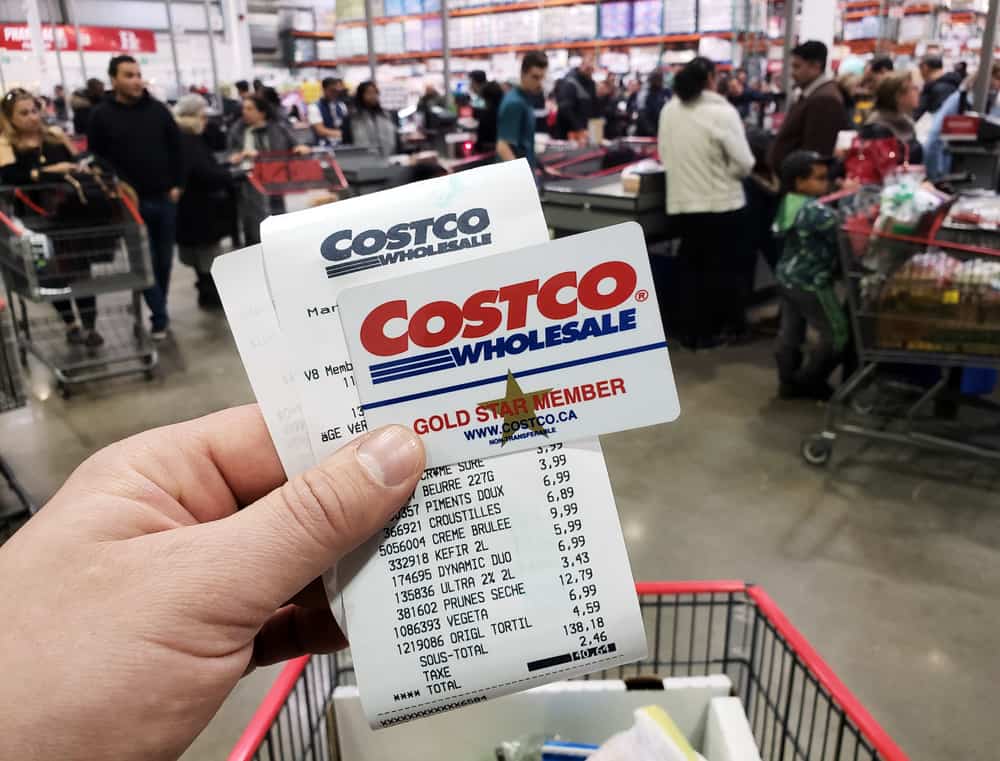
Acquiring a membership at Costco comes with a series of benefits and perks.
For one, you’re able to use various services that Costco provides.
Some of these services include:
- Pharmacy
- Gas
- Optical centers
- Car rental
All these services tend to be cheaper than getting them elsewhere.
For business owners, Costco also offers unique services at discounted prices.
Some of these services include:
- Health insurance
- Payment processing
- Bottled water deliveries
You’re able to buy these services for yourself or your company at a cheaper rate than most other institutions.
Besides services, Costco also offers its own credit card for its members.
It’s co-branded with Citi and offers a 4% cashback bonus on the first $7,000 that you spend on fuel.
After $7,000, the cashback bonus drops to 1%.
You also receive 3% cash back on restaurants and travel.
The credit card offers 2% cash back on Costco products and 1% on products bought elsewhere.
You can use the card in stores that accept credit cards.
Another perk of a Costco membership is that you’re privy to several private brands that it owns.
Costco has a larger number of private labels compared to Sam’s Club.
In particular, it has a private brand called Kirkland which is quite popular.
The brand is cheaper than most other well-known brand names with the same quality.
Finally, Costco has a larger organic food selection than Sam’s Club.
That said, Sam’s Club does have its share of benefits and perks, too.
It tends to put most of its benefits into the cheap price of various goods.
It also carries a ton of different products, ensuring that its shoppers can find exactly what they need.
You can even find certain branded drugs for cheaper prices than other stores.
Like Costco, Sam’s Club has a credit card that you can apply for.
It’s partnered with Mastercard, and the card is issued by Synchrony Bank.
The perks of this card are 5% cash back on the first $5,000 in fuel that you spend and 1% after the initial $5,000.
You also receive 3% cash back on food and takeout.
An additional 1% applies to all other purchases.
5. Finances
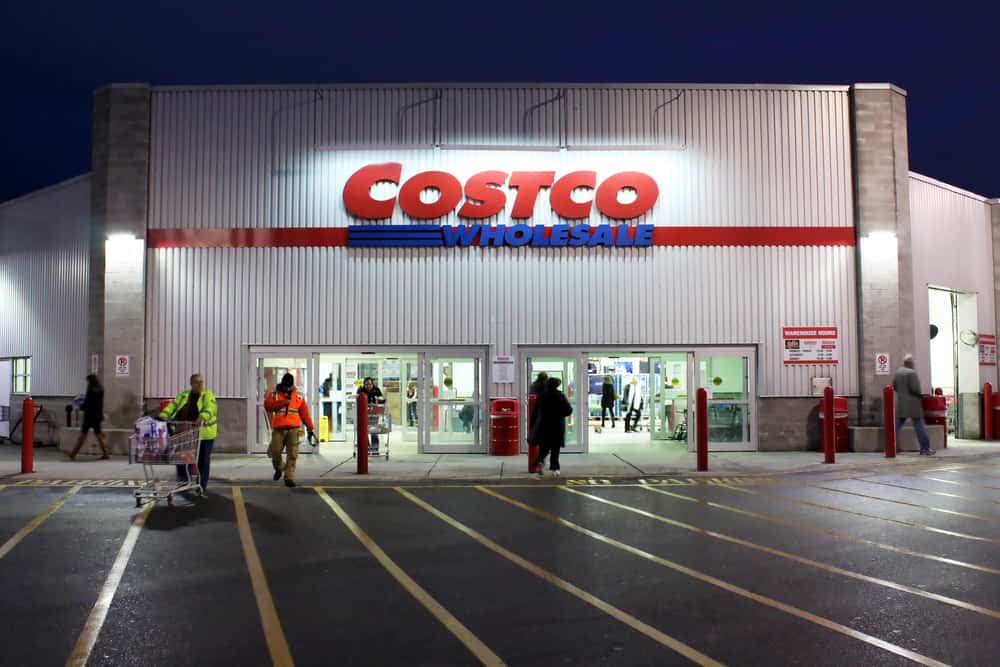
One of the major ways to differentiate between two businesses is to examine their finances.
A key difference is that Costco is a publicly-traded company whereas Sam’s Club is a subsidiary of Walmart.
Costco’s market value is around $221 billion at the end of 2021.
Costco also has its share of various subsidiaries like Costco Travel and Kirkland products.
It primarily focuses on its brick-and-mortar stores as well as fostering its online stores.
The net income rose by 25% by the end of 2021.
It also saw an increase in sales from $163 billion in 2020 to $192 billion in 2021.
Costco is doing very well, financially, and has enough wealth to weather any downturns in the market.
Sam’s Club is also doing well, although it hasn’t seen quite as much success as Costco.
In 2021, it had net sales of $64 billion.
However, it’s also worth noting that this was Sam’s Club.
Its parent company, Walmart, had a $414 billion market cap in 2021.
That’s about double the cap for Costco.
Sam’s Club saw a net sales increase of 8.7%.
Although it’s seeing less success than Costco, Sam’s Club also is doing well, financially, and has the strong support of its successful parent, Walmart, to rely on.
Who Is Jim Sinegal?
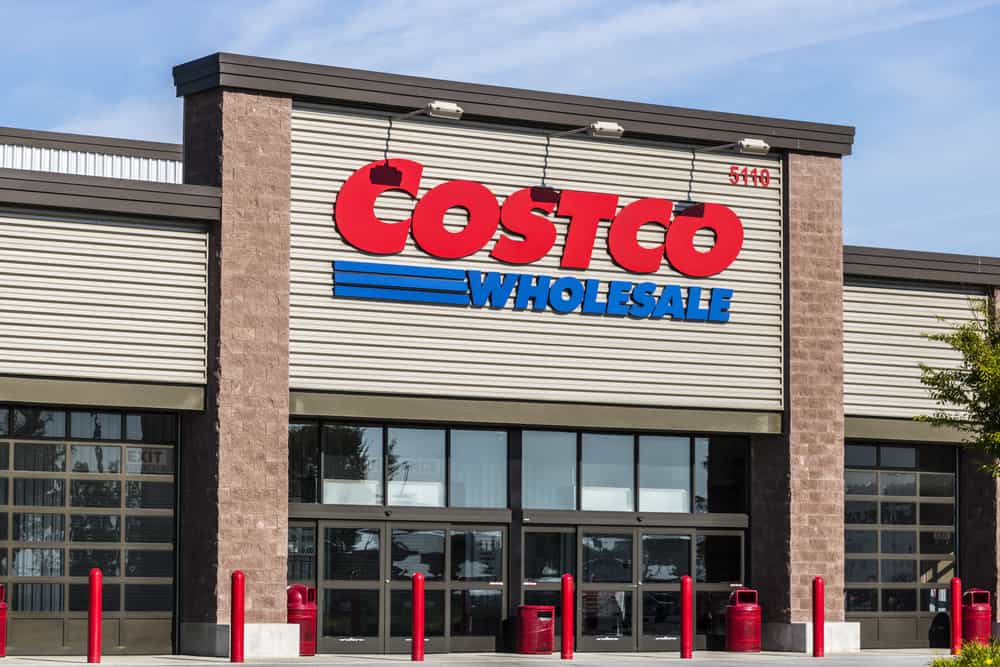
One of the most important architects behind the success of Costco is Jim Sinegal.
Sinegal has a lot of popularity because he believed in different business tactics compared to many other CEOs.
For one, he only earned a third of what the other CEOs earned while he was a part of Costco.
He chose to earn $300,000 a year compared to the other CEOs who earned around $1 million a year.
He did so because he believes that the wage gap between employers and employees shouldn’t be significant.
By paying its top executive less, Costco was able to invest that money back into the company and support its employees and community.
He also has a reputation for buying Kirkland brand products only, in particular, Kirkland branded clothes.
One interesting case of Sinegal’s involved a discovery he made about Costco’s health insurance costs.
He found that the company had only paid 88% of its employees’ health care expenses when the agreed amount was 90%.
To fix this, Sinegal reimbursed the employees the remaining 2% and also took dividend stocks and put them directly into their 401(k)s.
This was to ensure that it wouldn’t be taxed.
He laid the foundation for Costco’s discounted prices by shaving costs through eliminating frills in its retail spaces and removing in-store advertisements.
He also kept inventory low to avoid expensive warehouse costs.
In so doing, he was able to keep the prices at the stores low.
He even pushed to keep prices the same even if they had higher prices at different stores.
Eventually, Sinegal retired as CEO but remained on the board until 2018.
The current CEO of Costco, and Sinegal’s replacement, is Craig Jelinek.
The post Who Owns Costco? (2023 Updated) appeared first on The Cold Wire.
